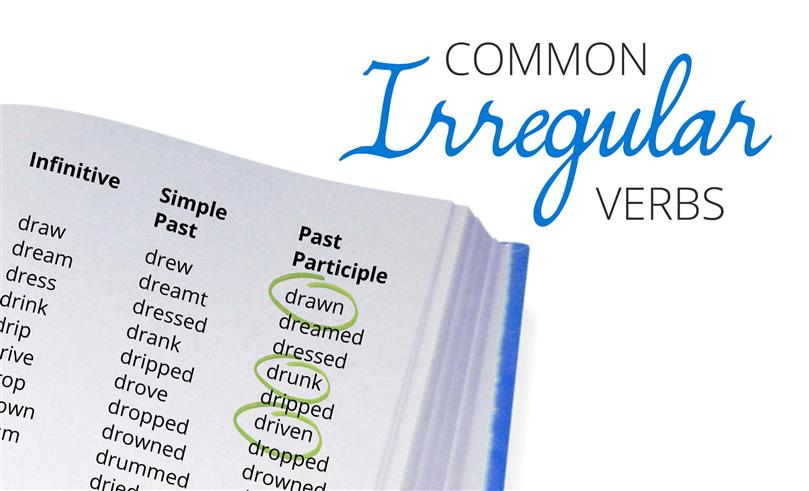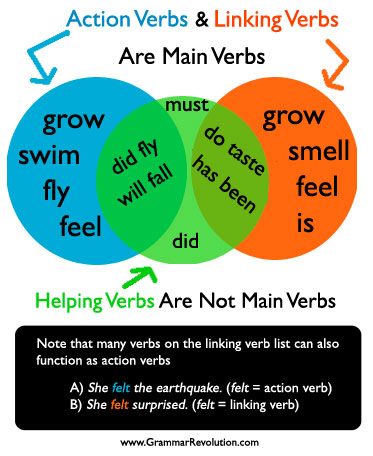Two Kinds Of A Verb. You know that verbs are a significant part of a sentence, without which a subject cannot make a sense in a sentence. In fact, without a verb, full thoughts can't be properly conveyed, and even the simplest sentences, such as.

There are three types of verbs: action verbs, modal verbs and auxiliary verbs.
I hope you enjoyed reading this whole post.
There are two types of Action Verbs which describe the Verb and the Subject doing the action and the Object on which the action is done, they are Finite and Non-Finite Verbs - These are verbs which can be either the main verb of a sentence or just one that is used as an adjective or noun as well. As you can see from that definition, there are two main categories of verbs: action verbs and state of being verbs. d) Composite verbs - made up of a verb with a lexico-grammatical word-morpheme attached to it Objective verbs are mostly associated with two nouns (or noun equivalents) denoting the subject The verbs to carry and to bring may denote the same kind of action. Words that receive the action of a transitive verb are called objects.








